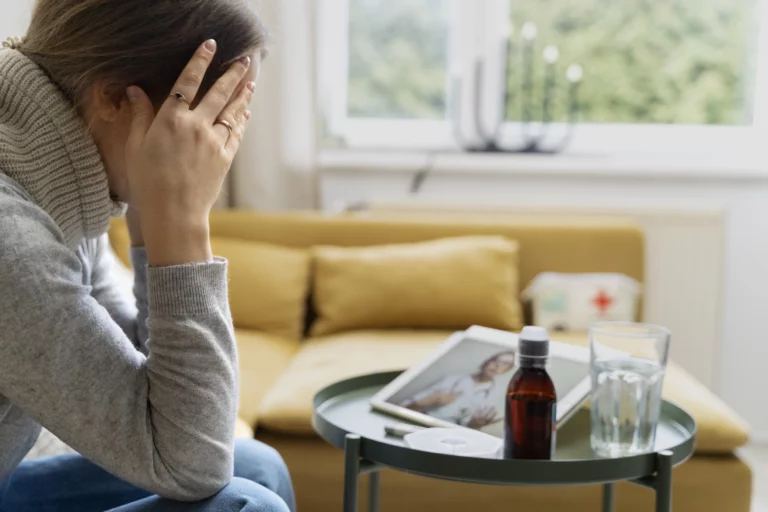Refer a friend to Mushroom Direct and you will both get $25 off your next purchase. Got lots of friends? Get euphoric rewards!
🎄FREE SHIPPING ON ALL ORDERS OVER $100 CANADA-WIDE 🎄
powerful + effective
100% natural
1-3 day shipping
Anxiety and depression are among the most prevalent mental health disorders globally, affecting millions of individuals of all ages. Despite the availability of various treatment options, including therapy and medication, many individuals continue to struggle with these conditions, facing challenges in finding effective relief. In recent years, there has been growing interest in alternative approaches to managing anxiety and depression, one of which involves the practice of microdosing mushrooms. This article aims to delve into the potential of microdosing mushrooms as a novel strategy for alleviating symptoms of anxiety and depression.

Anxiety and depression are complex mental health disorders characterized by persistent feelings of fear, worry, sadness, or loss of interest in activities. Anxiety disorders encompass a range of conditions, including generalized anxiety disorder (GAD), panic disorder, social anxiety disorder, and specific phobias. Similarly, depression, also known as major depressive disorder (MDD), manifests as a pervasive sense of sadness, hopelessness, and disinterest in life.
The prevalence of anxiety and depression is staggering, with millions of people worldwide affected by these conditions. Moreover, anxiety and depression often co-occur, exacerbating the individual’s overall distress and impairment in daily functioning. Despite the significant impact of these disorders, treatment options such as psychotherapy and pharmacotherapy are not always effective for everyone.
Microdosing involves taking sub-perceptual doses of psychedelic substances, such as psilocybin-containing mushrooms or LSD, with the aim of enhancing mood, creativity, and overall well-being. While the practice of microdosing has been around for decades, it has gained popularity in recent years, thanks in part to the work of individuals like James Fadiman, who conducted pioneering research on the topic. Psilocybin-containing mushrooms, in particular, have become a focal point for microdosing enthusiasts due to their perceived safety and potential therapeutic effects.
Psilocybin, the primary psychoactive compound in magic mushrooms, interacts with serotonin receptors in the brain, leading to alterations in perception, mood, and cognition. While high doses of psilocybin can produce profound psychedelic experiences, microdoses are typically sub-perceptual, meaning that they do not produce hallucinations or other overt effects. Instead, microdoses are thought to modulate serotonin levels in the brain, potentially leading to improvements in mood, anxiety, and depression. Research on the therapeutic potential of psychedelics, including psilocybin, has shown promising results, with studies suggesting that even a single dose can have lasting antidepressant effects.
Microdosing for Anxiety: Anecdotal Evidence
Many individuals report using microdosing as a way to manage symptoms of anxiety, including excessive worry, rumination, and social anxiety. While scientific research on the topic is limited, anecdotal evidence suggests that microdosing mushrooms can lead to a reduction in anxiety symptoms and an overall improvement in well-being. Some users describe feeling more relaxed, less anxious, and better able to cope with stressors in their daily lives. However, it’s important to note that individual responses to microdosing can vary, and what works for one person may not work for another.
Microdosing for Depression: Anecdotal Evidence
Similarly, individuals struggling with depression have turned to microdosing mushrooms as a potential alternative to traditional antidepressant medications. Many report experiencing improvements in mood, motivation, and overall outlook on life after incorporating microdoses into their routine. Some describe feeling more optimistic, energized, and engaged in activities that they previously found unenjoyable. While these anecdotal reports are promising, more research is needed to determine the safety and efficacy of microdosing mushrooms for depression.
Exploring the Safety Profile
One of the primary concerns surrounding microdosing mushrooms is the safety profile of long-term use. While psilocybin is generally considered to be well-tolerated and non-addictive, there are potential risks associated with frequent or high-dose use, including hallucinations, paranoia, and exacerbation of underlying mental health conditions. Additionally, the legal status of psilocybin-containing mushrooms varies by country and region, with many jurisdictions prohibiting their use and possession. As such, individuals considering microdosing mushrooms should proceed with caution and consult with a healthcare professional if they have any concerns.
Microdosing mushrooms represents a novel approach to managing anxiety and depression that warrants further investigation. While anecdotal evidence suggests that microdosing may offer relief for some individuals, more research is needed to fully understand its safety and efficacy. As interest in microdosing continues to grow, it’s essential that scientists, clinicians, and policymakers work together to explore its potential benefits and risks in a responsible manner. Ultimately, the goal is to provide individuals struggling with anxiety and depression with safe and effective treatment options that can improve their quality of life and overall well-being.
open 24/7
Order Magic Mushrooms online in Canada. Mushroom Direct makes it easy to buy Mushrooms online with our secure checkout and fast delivery.
© Mushroom Direct 2025 All Rights Reserved.
Refer a friend to Mushroom Direct and you will both get $25 off your next purchase. Got lots of friends? Get euphoric rewards!